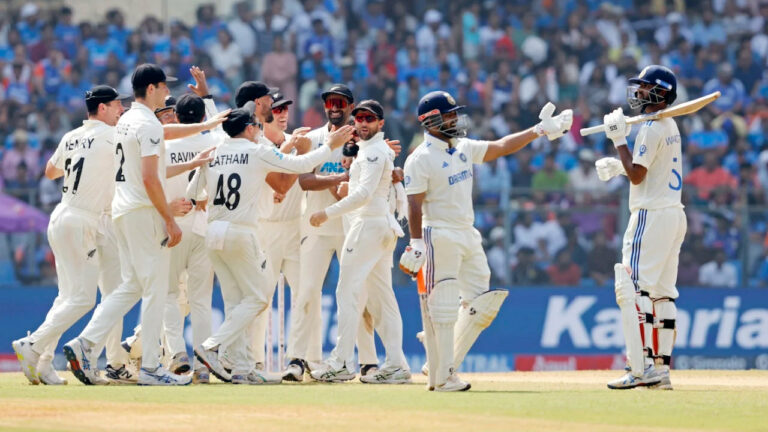The Influence of Cricket on Language and Literature in South Africa
Gold365 Betting, Gold365 Login: Cricket’s roots in South Africa can be traced back to the early 19th century when British colonists brought the game to the region. The sport quickly gained popularity among the colonizers, with cricket clubs forming in various cities across the country. These clubs played a pivotal role in the development of cricket in South Africa, shaping the way the game was played and perceived in the country.
As cricket continued to grow in South Africa, it soon became more than just a sport—it became a symbol of colonial influence and power. The game was used by the colonizers as a means of asserting control over the local population, with cricket matches often serving as a display of British superiority. This historical context has contributed to the complex relationship that South Africans have with cricket, as the sport carries both cultural significance and historical baggage in the country.
Header 2: Cricket as a Symbol of Colonial Influence
Cricket in South Africa is deeply intertwined with its colonial past, serving as a symbol of British influence and power during the country’s history. The sport was brought to the region by British settlers in the 19th century and quickly became a reflection of the social hierarchy and power dynamics imposed by colonial rule. As cricket spread across the country, it not only became a popular recreational activity but also a means through which the British colonizers asserted their superiority over the local population.
The establishment of cricket clubs and leagues in South Africa further entrenched the sport as a symbol of colonial influence, with access to these institutions often restricted to the white minority. This segregation mirrored the wider societal divisions enforced under apartheid, where cricket became a tool of exclusion and discrimination. The promotion of cricket as a “gentleman’s game” reinforced the idea of British cultural superiority, perpetuating the notion that those who excelled at the sport were more civilized and deserving of privilege.
Header 3: Cricket Terminology in South African Vernacular
Cricket in South Africa has a rich history that extends beyond the boundaries of the game itself. Within the vernacular of the country, cricket terminologies have become intertwined with everyday language, reflecting the sport’s deep-rooted influence on South African culture. Terms like “bail,” “googly,” and “run-rate” have seamlessly made their way into common conversation, highlighting the widespread impact of cricket in the nation.
Furthermore, the terminology associated with cricket in South African vernacular often serves as a reminder of the sport’s colonial origins. Words such as “innings,” “slog,” and “stumps” echo the historical ties between cricket and the British Empire, symbolizing a complex relationship that has evolved over time. Despite these colonial connotations, cricket has also become a source of unity and national pride in South Africa, bridging cultural divides and bringing people together through a shared love for the game.






